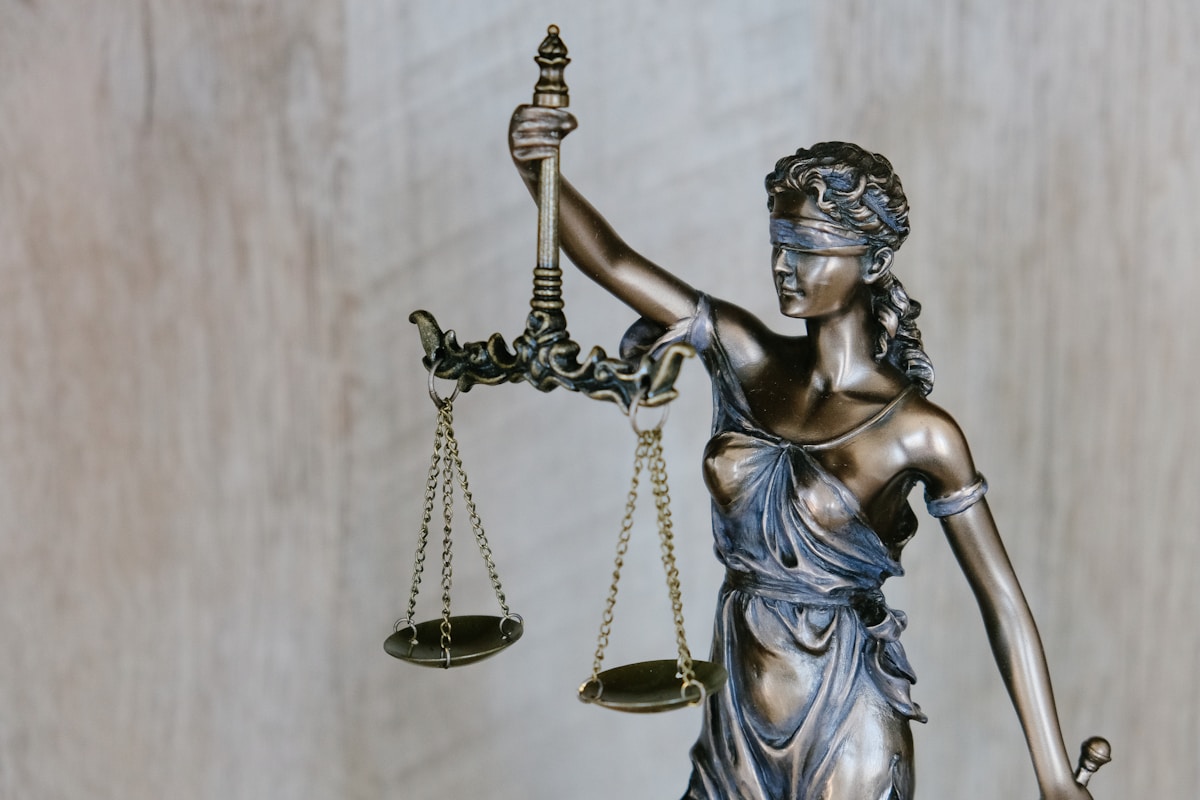Understanding the laws that protect whistleblowers who report illegal activities, fraud, or safety violations.

Whistleblowers play a vital role in maintaining corporate and governmental accountability, but exposing wrongdoing often comes with significant personal and professional risk. Understanding the legal protections available to whistleblowers can mean the difference between successful disclosure and devastating consequences. This article explores the complex web of laws that protect those who speak out against illegal activities, fraud, or dangers to public health and safety.
The Evolution of Whistleblower Protection Laws
Whistleblower protections in the United States have developed gradually over decades, with each major corporate or governmental scandal typically leading to enhanced safeguards. The modern era of whistleblower protection began with the Civil Service Reform Act of 1978, but these protections have expanded significantly since then.
The watershed moment came in 2002 with the Sarbanes-Oxley Act, passed in response to the Enron and WorldCom accounting scandals. SOX created unprecedented protections for employees of publicly-traded companies who report securities violations. The Dodd-Frank Act of 2010, following the 2008 financial crisis, further strengthened these protections and established generous whistleblower rewards programs.
Key Federal Whistleblower Protection Laws
Several federal statutes offer protection for whistleblowers, each covering different types of disclosures and workplace situations:
False Claims Act (FCA)
Dating back to the Civil War, the False Claims Act allows private individuals to file suits on behalf of the government (known as "qui tam" lawsuits) against contractors who have defrauded governmental programs. The FCA includes:
- Protection from retaliation for those who report fraud against the government
- Rewards of 15-30% of recovered funds for successful whistleblowers
- The ability to remain anonymous during the investigation phase
The FCA has been extraordinarily effective—in fiscal year 2021 alone, the Department of Justice recovered over $5.6 billion through False Claims Act cases, with whistleblowers receiving hundreds of millions in rewards.
Sarbanes-Oxley Act (SOX)
SOX protects employees of publicly-traded companies who report:
- Securities fraud
- Shareholder fraud
- Bank fraud
- Violations of SEC rules and regulations
- Violations of any federal law relating to fraud against shareholders
Under SOX, protected whistleblowers who face retaliation can receive:
- Reinstatement to their position
- Back pay with interest
- Compensation for litigation costs and attorney fees
- Special damages including emotional distress compensation
Dodd-Frank Wall Street Reform and Consumer Protection Act
The Dodd-Frank Act enhanced whistleblower protections in the financial sector by:
- Creating the SEC Whistleblower Program, which offers awards of 10-30% of monetary sanctions for information leading to successful enforcement actions
- Establishing a similar program with the Commodity Futures Trading Commission
- Allowing whistleblowers to report directly to the SEC without first reporting internally
- Providing anti-retaliation protections with double back pay damages
Since the program's inception, the SEC has awarded over $1.3 billion to whistleblowers, with individual awards sometimes exceeding $100 million.
Whistleblower Protection Act
Federal government employees receive protection under the Whistleblower Protection Act (WPA) and its enhancement, the Whistleblower Protection Enhancement Act (WPEA), which cover disclosures of:
- Violations of laws, rules, or regulations
- Gross mismanagement or waste of funds
- Abuse of authority
- Substantial dangers to public health or safety
Federal whistleblowers can file complaints with the Office of Special Counsel, which investigates and can seek corrective action.
Industry-Specific Whistleblower Protections
Beyond general whistleblower laws, numerous industry-specific protections exist:
Healthcare
Healthcare whistleblowers are protected under multiple laws:
- The False Claims Act covers Medicare and Medicaid fraud
- The Emergency Medical Treatment and Labor Act (EMTALA) protects those who report patient dumping
- The Food, Drug, and Cosmetic Act protects pharmaceutical whistleblowers
Healthcare remains the most active sector for whistleblower cases, with billions recovered annually from fraud cases initiated by whistleblowers.
Environmental Protection
Environmental whistleblowers receive protection under:
- The Clean Air Act
- The Clean Water Act
- The Safe Drinking Water Act
- The Toxic Substances Control Act
These laws protect employees who report violations of environmental regulations or refuse to participate in activities that violate these laws.
Workplace Safety
The Occupational Safety and Health Act protects employees who report unsafe working conditions. Whistleblowers who face retaliation for reporting safety concerns can file complaints with OSHA within 30 days of the retaliatory action.
State-Level Whistleblower Protections
In addition to federal protections, most states have enacted their own whistleblower protection laws. These vary significantly in their scope and strength:
- California's whistleblower statutes are among the strongest, protecting both public and private employees who report violations of state or federal laws
- New York's Whistleblower Protection Law was recently expanded to cover former employees and independent contractors
- New Jersey's Conscientious Employee Protection Act (CEPA) offers some of the most comprehensive protections in the country
State laws often provide additional remedies beyond federal statutes, potentially including punitive damages and longer statutes of limitations.
Practical Considerations for Whistleblowers
Despite robust legal protections, whistleblowing remains risky. Individuals considering reporting wrongdoing should:
- Document everything - Keep detailed records of the misconduct, including dates, participants, and any attempts to address it internally
- Understand reporting channels - Different types of wrongdoing have different optimal reporting pathways
- Consult an attorney - Whistleblower law is highly specialized; expert guidance is crucial before taking action
- Consider anonymity - Some programs allow for anonymous reporting, which may provide additional protection
- Prepare for retaliation - Even with legal protections, many whistleblowers experience some form of backlash
The Future of Whistleblower Protections
Whistleblower protection continues to evolve, with several promising trends:
- Expanding protections to more industries and types of disclosures
- Increasing financial incentives for reporting certain types of fraud
- Greater public awareness and support for whistleblowers
- Enhanced confidentiality protections in the digital age
As corporate and governmental accountability becomes increasingly important, the role of whistleblowers—and the laws that protect them—will only grow in significance. Understanding these protections is essential for both potential whistleblowers and the organizations that employ them.






